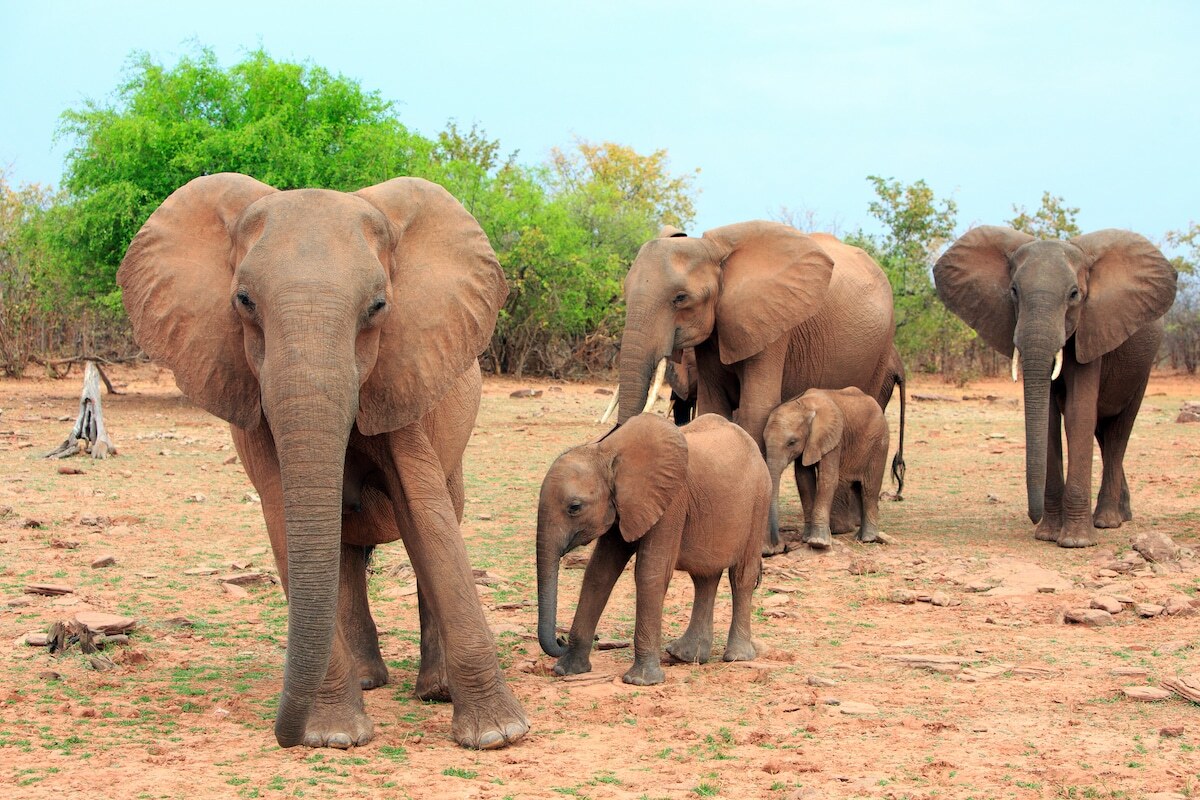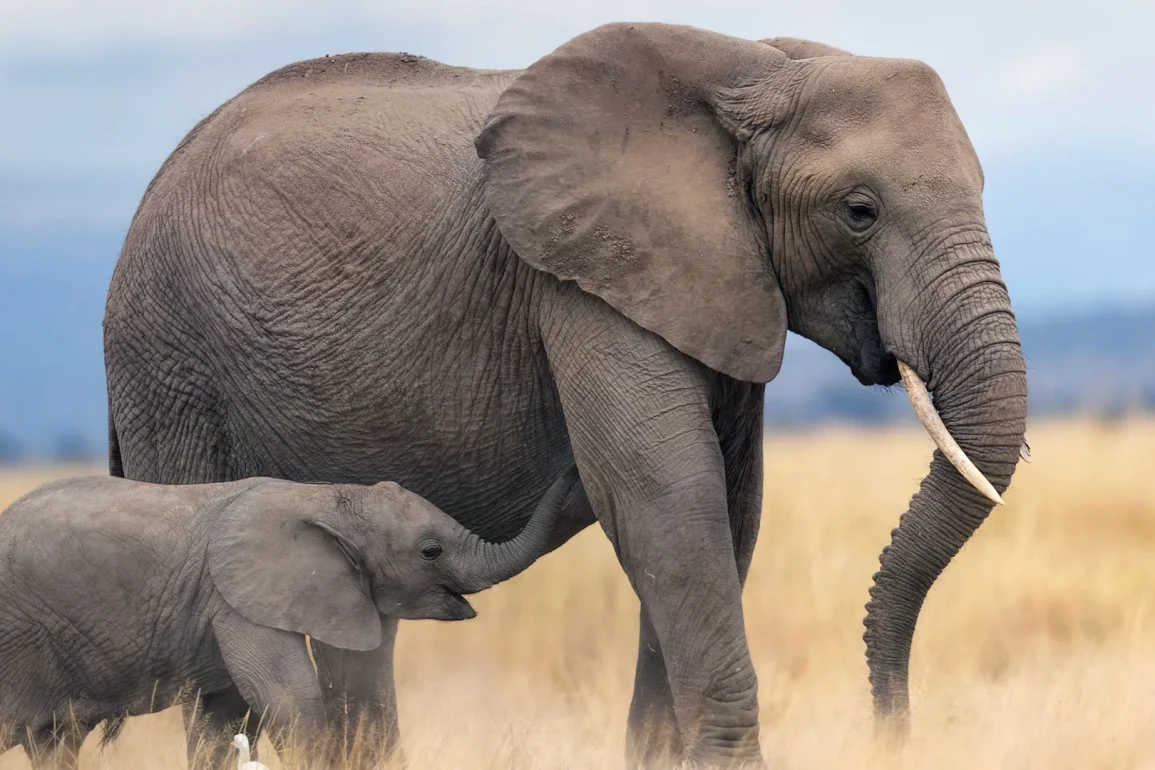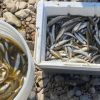In response to its worst drought in decades, Zimbabwe has decided to cull 200 elephants to address severe food shortages affecting nearly half of its population. The Zimbabwe Parks and Wildlife Authority is spearheading this initiative, which aims to provide much-needed food resources.
This decision aligns with Namibia’s recent actions, where the government has also chosen to cull wild animals to combat food insecurity driven by similar drought conditions. Both measures have sparked significant debate among animal rights advocates and conservationists.
Zimbabwe’s elephant population, currently estimated at over 84,000, is well beyond the ecological carrying capacity of 45,000. Environment Minister Sithembiso Nyoni has highlighted that the overpopulation of elephants is leading to a depletion of resources and increasing conflicts between elephants and humans.
The large number of elephants is putting a strain on the available resources, causing them to migrate outside protected areas and interact more frequently with human populations.

Namibia has taken a parallel approach by authorizing the culling of 700 wild animals, including elephants and hippos, with more than 150 animals already killed. The meat from these culls is being distributed to communities struggling with food shortages.
Both Zimbabwe and Namibia are facing severe drought conditions exacerbated by El Niño and climate change, which have significantly impacted rainfall and water availability in the region.
The proposed culling in Zimbabwe has faced criticism from various quarters. Critics, including Farai Maguwu from the Center for Natural Resource Governance and conservation biologist Keith Lindsay, argue that the practice of culling wildlife for food is unethical and may lead to unsustainable hunting practices.
They express concerns that this approach could set a dangerous precedent and have long-term negative effects on wildlife populations and ecosystems.
Despite the controversy, Zimbabwe’s government maintains that the culling is a necessary measure to manage the human-wildlife conflicts that have resulted in fatalities this year. The authorities believe that reducing the elephant population will help alleviate some of the pressures on local communities and mitigate the dangerous encounters between humans and elephants during this challenging period.

